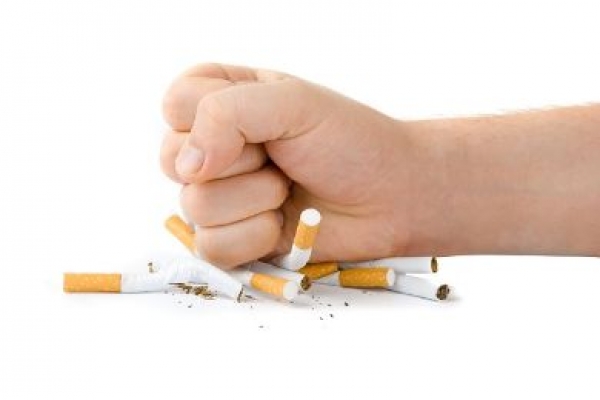The Economic Costs of the Smoking Ban
Fact:
Advocates of tobacco production have always argued for its feasibility on economic grounds; mostly because its health risks are undeniable. In Lebanon, because much of the adult population smokes- as much as 40%, and because there is a high demand for cigarettes, considerable revenue is generated from taxes. The law banning smoking in public spaces would drastically decrease the revenue of the hospitality sector- a major component of tourism- and the revenues gained from taxes, therefore creating a direct loss to the economy.
It is surprising that all these assumptions have been made in the two months directly following the implementation of the law; a very short time frame to study the effects of such a policy. A ban on indoor smoking would initially discourage people from going to restaurants and bars, but it would not stop them from going altogether. As the trend from across the world shows, people will always continue to attend such places, smokers and non-smokers alike. As smokers start to smoke outdoors, the habit will soon enough kick in and become a regular aspect of their dining or partying experiences.
Apart from the exaggerated costs imagined by the hospitality sector, the cost of discouraging smoking on the Lebanese economy is also inadequate. On the other hand the prevalence of smoking incurs significant costs. This is mostly felt in the health sector where smoking has been proven to be directly linked with cardiovascular disease, cancer, and respiratory diseases. According to the AUB research paper “The Economics of Tobacco in Lebanon: An Estimation of the Social Costs of Tobacco Consumption”, the average cost of heart surgery in Lebanon is over $4000, and the average cost of lung cancer treatment is $45,000. With over 35% of adults being smokers, this leaves a high percentage of people at risk. Another study- “Non-communicable Diseases and Behavioral Risk Factor Survey”- interestingly found that smokers have more sick days in a year than non-smokers. The time they take off work creates a material cost equivalent to $102.2 million a year.
Other costs are brought upon the agricultural sector and the environment. Farmers who plant tobacco plants are also prone to lung disease due to long exposure, and tobacco fields are more labor intensive than other crops; therefore costing more to produce. The environmental hazard is exhibited through street waste, which costs substantially to clean up. Thus, the argument that banning cigarettes harms the Lebanese economy is futile since it is the high rates of smoking that are actually burdening the economy as opposed to the other way around.








Leave A Comment